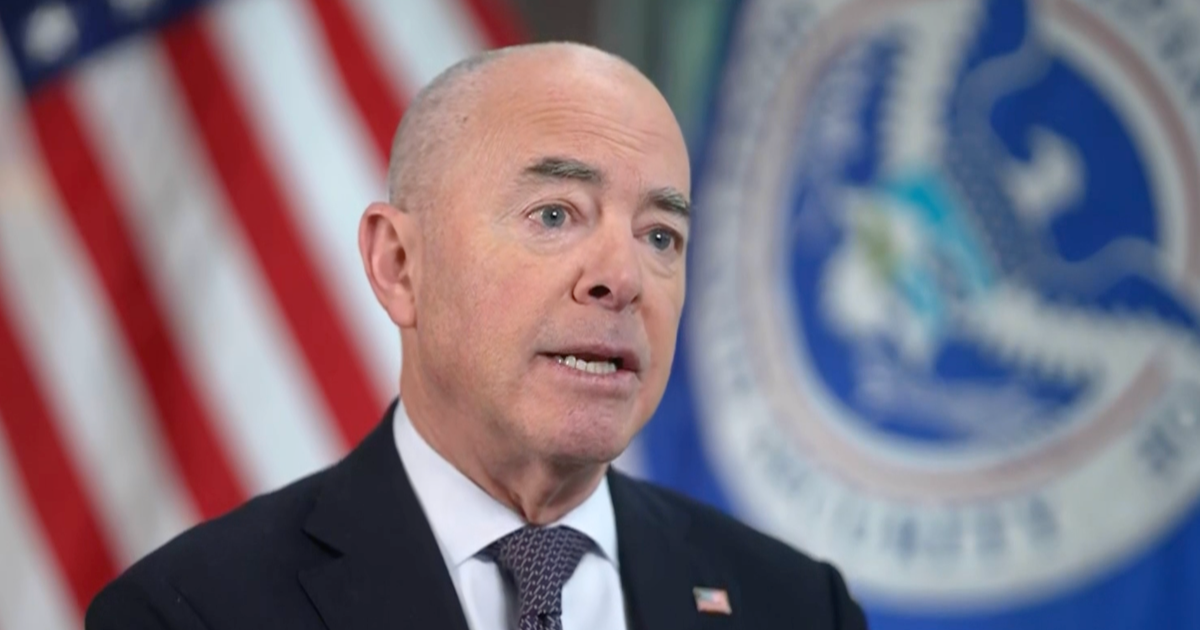Jimmy "Superfly" Snuka, pro-wrestling Hall of Famer, dies age 73
Jimmy “Superfly” Snuka, the trailblazing and controversial Polynesian professional wrestling star, has died age 73, his daughter said Sunday.
In an Instagram post, Tamina Snuka, herself a pro-wrestler, shared an intimate last moment between the two.
Snuka, a Fiji native, began his pro wrestling career in Hawaii in 1969. He became known for his signature move of flying off the ropes onto opponents, hence his nickname. He was inducted into the WWE Hall of Fame in 1996.
Wrestling stars and fans of all ages poured out their condlensces on social media to the influential wrestler who spent more than four decades in the ring.
A Lehigh County judge on Jan. 3 dismissed the murder case against the retired WWE star in the death of Nancy Argentino, whose body was found in their Whitehall Township hotel room in 1983. Prosecutors allege she was beaten. Snuka maintained she died from a fall.
The decision to dismiss his case came a month after Snuka’s lawyer told the court that his client had dementia, was in hospice care in Florida and had six months to live. Earlier, he had given confused testimony to the court, and his lawyers blamed his condition on the many head injuries he sustained during his career.
Last summer, Snuka was one of the higher profile names on a lawsuit against the WWE over traumatic head injuries.
The case involves 53 “retired professional wrestlers and performers who sustained long term neurological injuries during their tenure with WWE,” including Joseph “The Road Warrior Animal” Laurinaitis and Chris Pallies, known as “King Kong Bundy.” Snuka was represented by a guardian after a judge declared him mentally unfit to stand trial for the 1983 beating death of his girlfriend.
The lawsuit states that the Stamford, Connecticut-based WWE “routinely failed to care for the Named Plaintiffs’ repetitive head injuries during their career in any medically competent or meaningful manner that complied with any known published contact sports return to play guidelines at the time the injuries occurred.”
The lawsuit also claims that the injuries sustained by wrestlers “involve a neurological disease and ongoing disease process called Chronic Traumatic Encephalopathy (CTE) as well as the effects of Traumatic Brain Injuries (TBI) that occur as a consequence of repetitive head trauma sustained by the Plaintiffs as professional wrestlers in matches sponsored, controlled and created by WWE.”
WWE denies the allegations.



